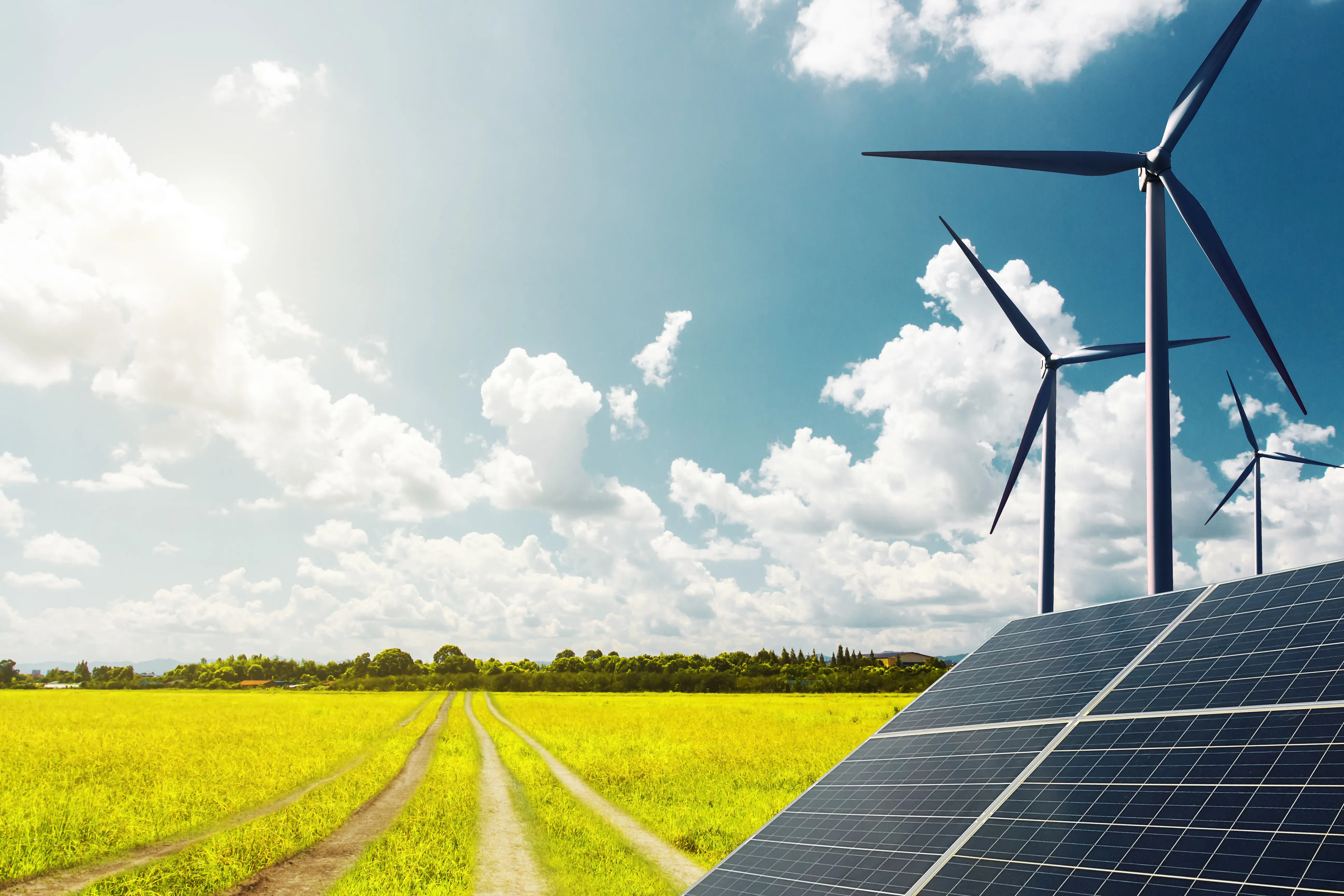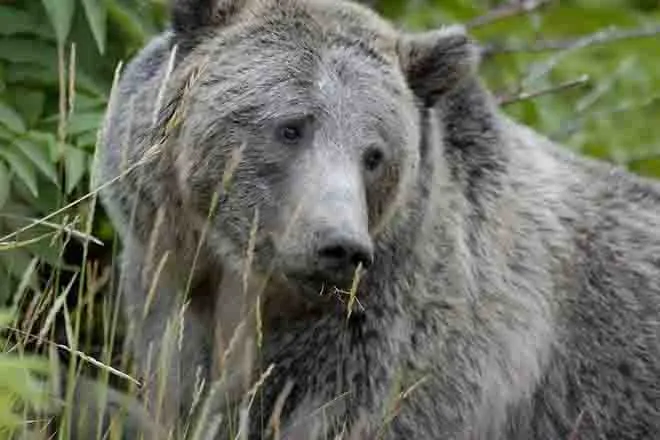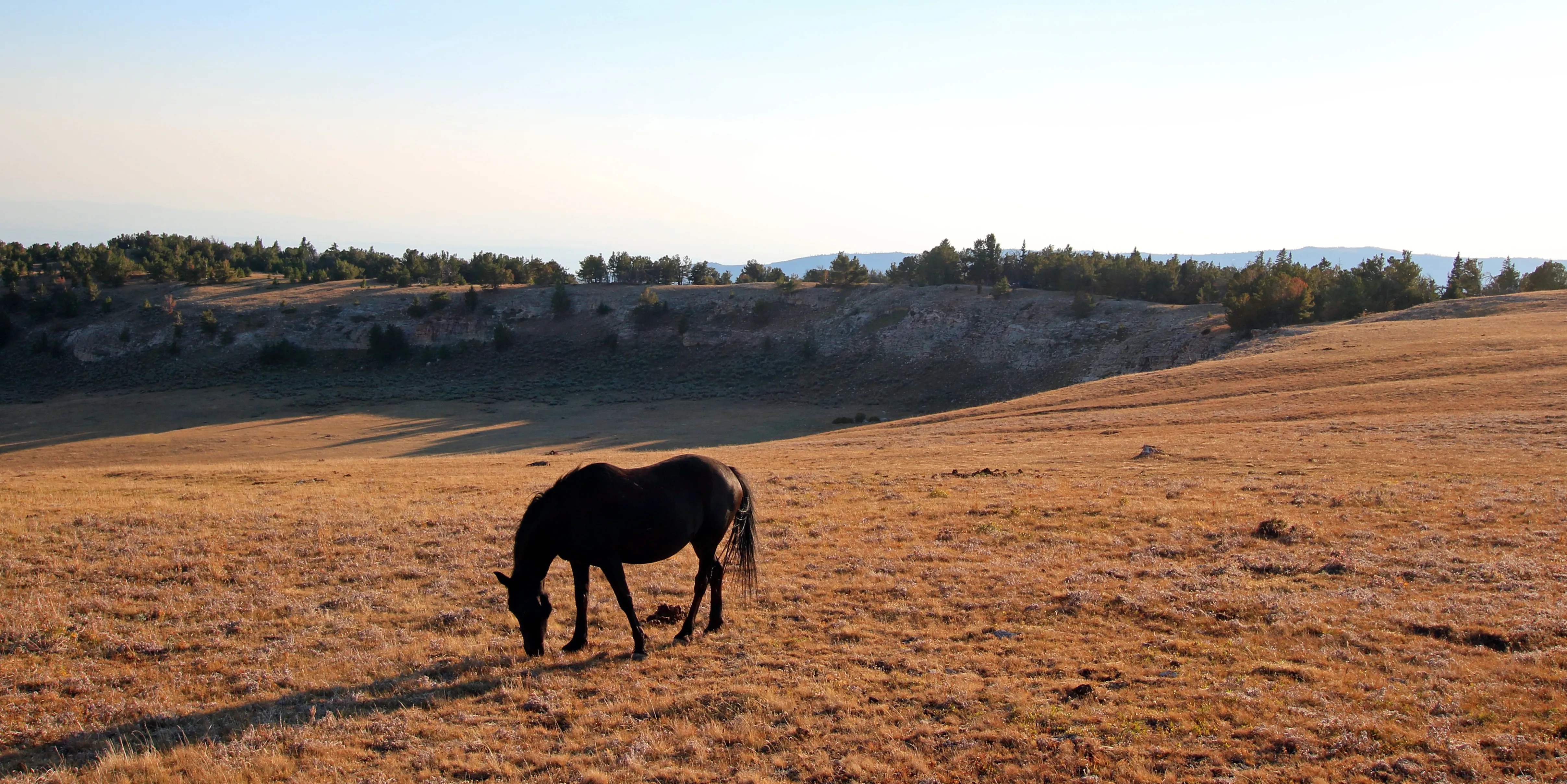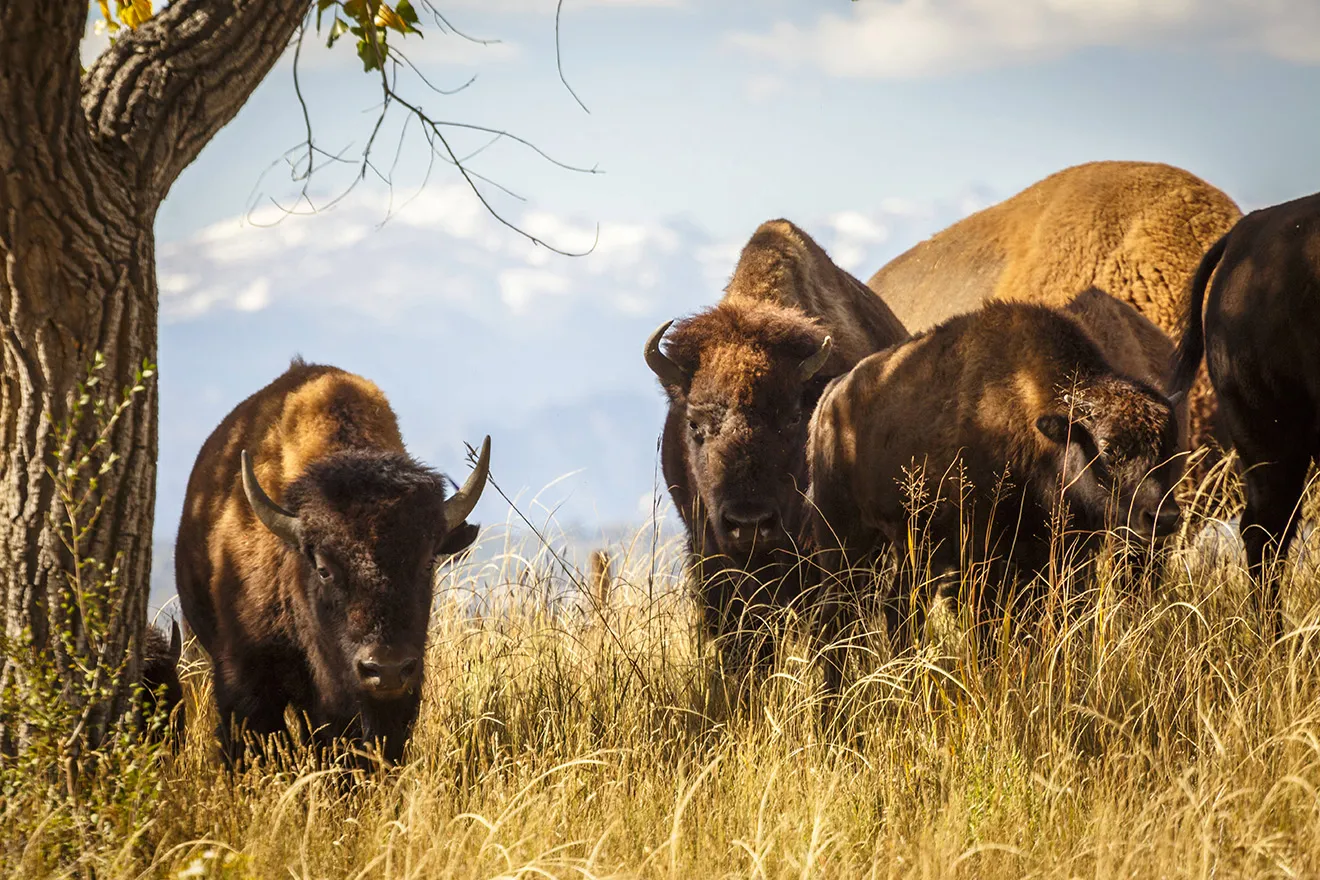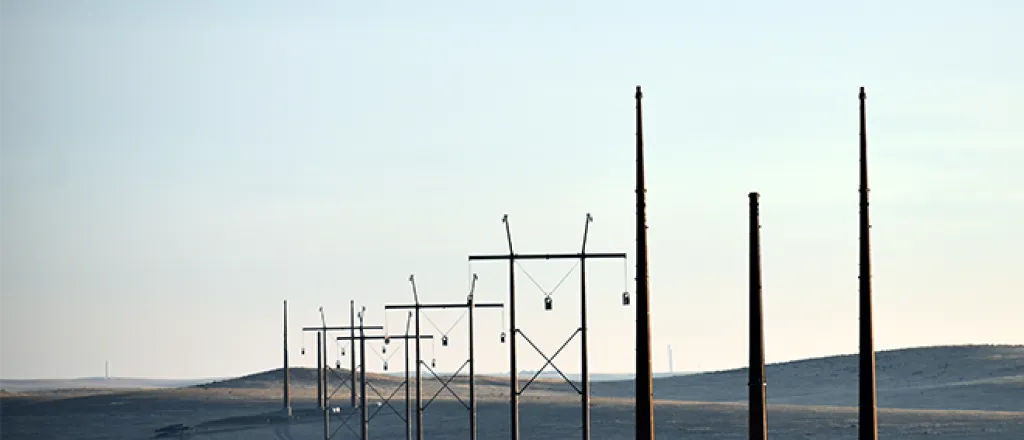
New rule to update energy grid must account for Arizona wildlife
Click play to listen to this article.
(Arizona News Connection) In the face of climate change and the need for clean energy, a new federal plan aims to update the country's outdated power grid. One Arizona conservation advocate says ensuring a resilient energy infrastructure is a significant part of that equation.
While the Federal Energy Regulatory Commission's rule is needed, said Michael Cravens, advocacy and conservation director for the Arizona Wildlife Federation, he contended that any expansion must take wildlife impact into account.
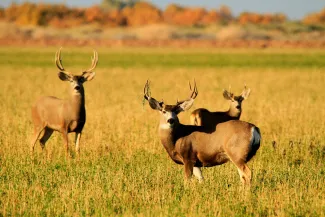
USFWS - public domain.jpg
"There is a very strong argument that the best thing we can do for wildlife, in the face of a changing climate, is provide them with the habitat to migrate, to adapt to that changing climate," he said. "And one of the risks that we are looking at in making this transition is fragmenting the habitat we have left."
In Arizona and across the West, Cravens said, animals such as elk, mule deer and pronghorn antelope migrate hundreds of miles, and many traverse lands that are ideal for solar and wind developments. He said he realizes that the current transmission system is failing and needs an overhaul. The FERC rule would require operators to plan over a 20-year time period, with regular updates.
A study from the Department of Energy shows that the United States must double its existing regional transmission capacity to meet its clean-energy goals by 2035, which is setting out to be quite the challenge. The Biden administration recently committed to upgrade 100,000 miles of existing lines in the next five years.
Veronica Ung-Kono, a National Wildlife Federation staff attorney, said the new FERC plan will allow lawmakers, states and grid operators to meet energy demands, now and in the future, while balancing the needs of wildlife.
"This is the first time that we have seen the Federal Energy Regulatory Commission specifically want to uplift the priorities and needs of these populations of people while also balancing the needs of wildlife," she said.
Despite some lawmakers arguing that the rule will allow for states that want more renewable energy to pass the costs on to neighboring states, Ung-Kono disputed that.





